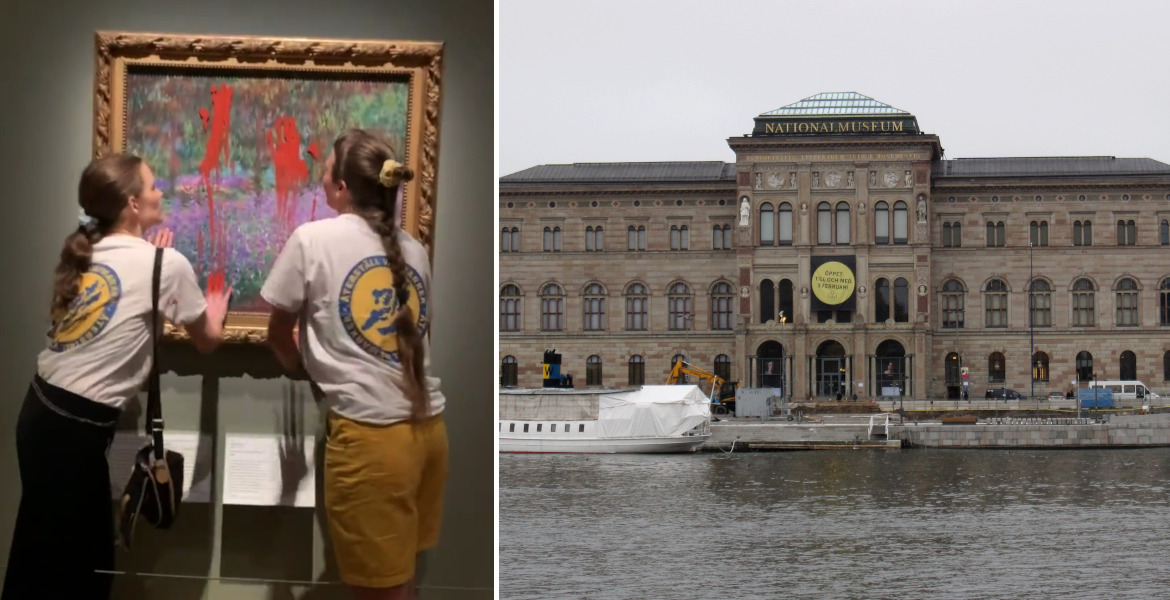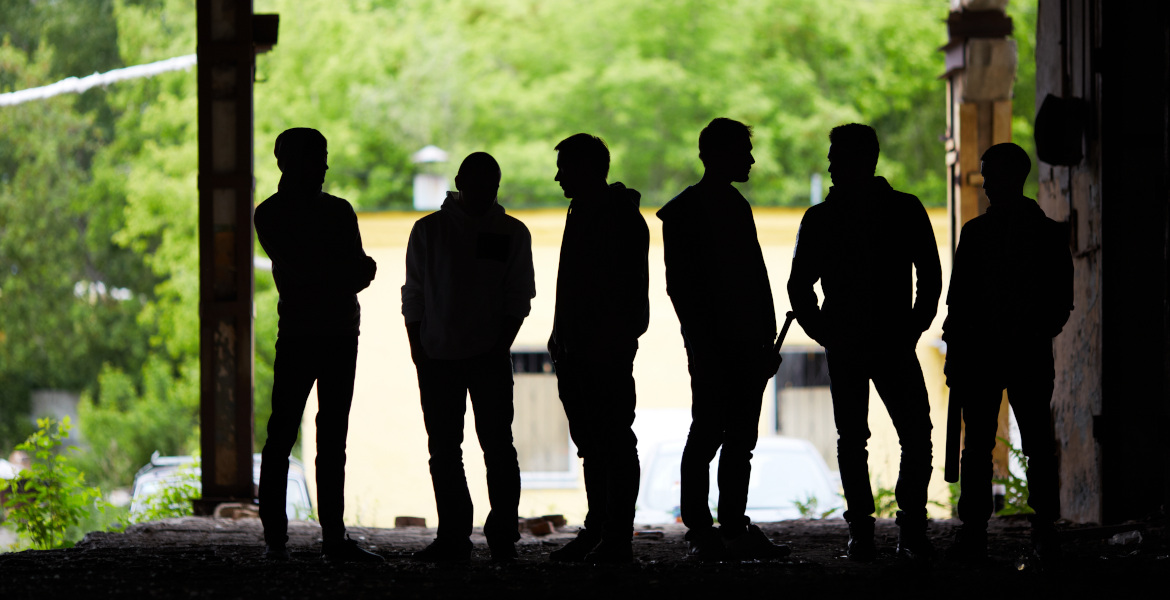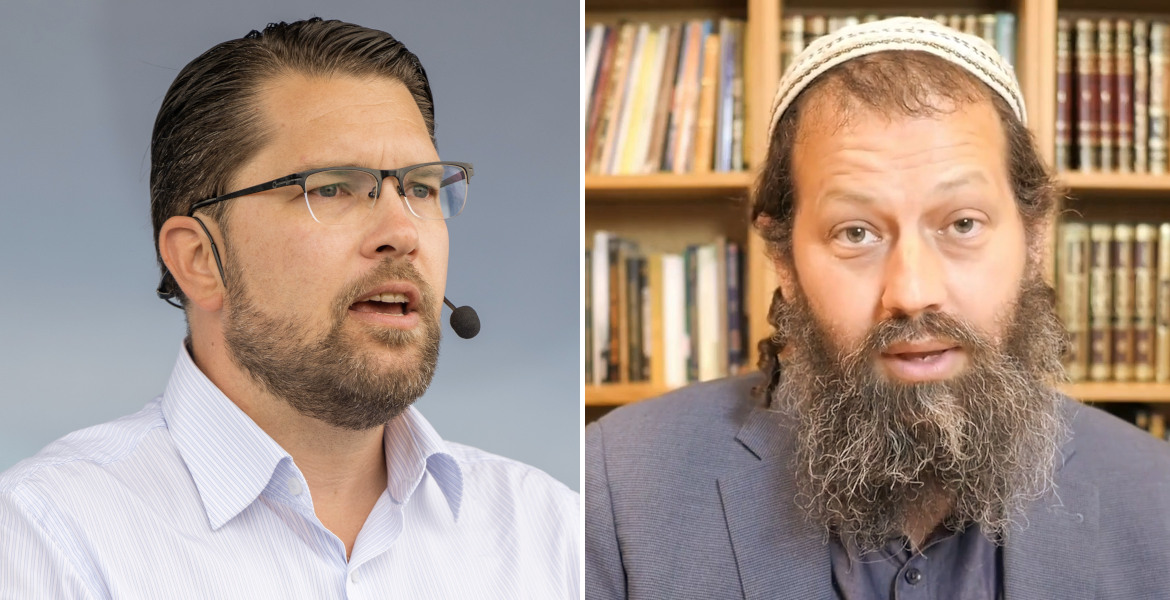In June 2023, the climate alarmist group Återställa Våtmarker (Restore Wetlands) carried out an "action" in which they smeared red paint on a painting by the impressionist artist Claude Monet at the National Museum in Stockholm and glued themselves to the protective glass covering the painting.
Six members of the group are now being prosecuted for criminal damage.
The Nordic Times reported on the damage at the time and how Restore Wetlands defended their heavily criticized action by saying that they wanted to “draw attention to the fact that the climate crisis is also a health crisis, and that heat-related illnesses are becoming a bigger and bigger problem.”
– I understand that people are upset, but I don't understand why politicians are not asked, 'why are you deliberately pursuing policies that will lead to more deaths, lack of drinking water and decreased harvests?' It is a reality that the climate catastrophe is killing people, argued press spokesperson Roxy Farhat.
Per Hedström, acting director of the National Museum, was not particularly amused by the vandalism and stated bluntly that the museum consistently distances itself from any actions "where art and cultural heritage are at risk of being damaged".
– Cultural heritage has great symbolic value and it is unacceptable to attack or destroy it, regardless of the purpose.
Emma & Maj, sjuksköterska respektive sjuksköterskestudent, idag i aktion på Nationalmuseum. Läget är så jäkla kritiskt. Därför satte de röda handavtryck & limmade fast sig på skyddsglaset på Monets kända tavla Konstnärens trädgård i Giverny. #återställvåtmarker pic.twitter.com/Gr0bFzqHDX
— Återställ Våtmarker (@vatmarker) June 14, 2023
"The only case in Sweden"
It is now also clear that a lawsuit has been filed with the Stockholm District Court against the two women who vandalized the artwork, as well as four other individuals. All are considered to have participated in some way in the planning or documentation of the incident.
Prosecutor Lucas Ericsson states that he is seeking different penalties for the defendants and that these "will be determined individually based on their previous records".
– This is, of course, an unusual incident; that's what makes it stand out. It's probably the only case I know of in Sweden, he told Magasin K.
Damages of just over SEK 180,000 (€16,500) are also being sought, pointing out that this type of vandalism risks making it more difficult to borrow art from other museums or private individuals in the future.
As the painting itself was protected by special glass, it escaped without permanent damage.





